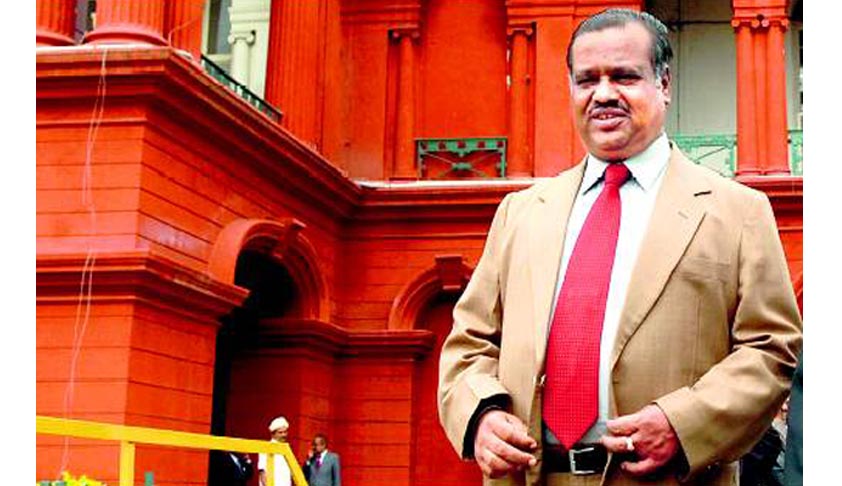Supreme Court collegium reiterates its stand on Justice Manjunath’s elevation; over rules Government’s objections
Apoorva Mandhani
16 July 2014 9:40 AM IST

Next Story
16 July 2014 9:40 AM IST
The Supreme Court collegium, headed by Chief justice R.M. Lodha has stood firm on its recommendation to elevate Justice K.L. Manjunath as the Chief Justice of Punjab and Haryana High Court. The Collegium has reportedly rejected the NDA Government’s objections against the appointment, terming the return of the file for reconsideration as baseless and unfounded.The adverse note spoken...
